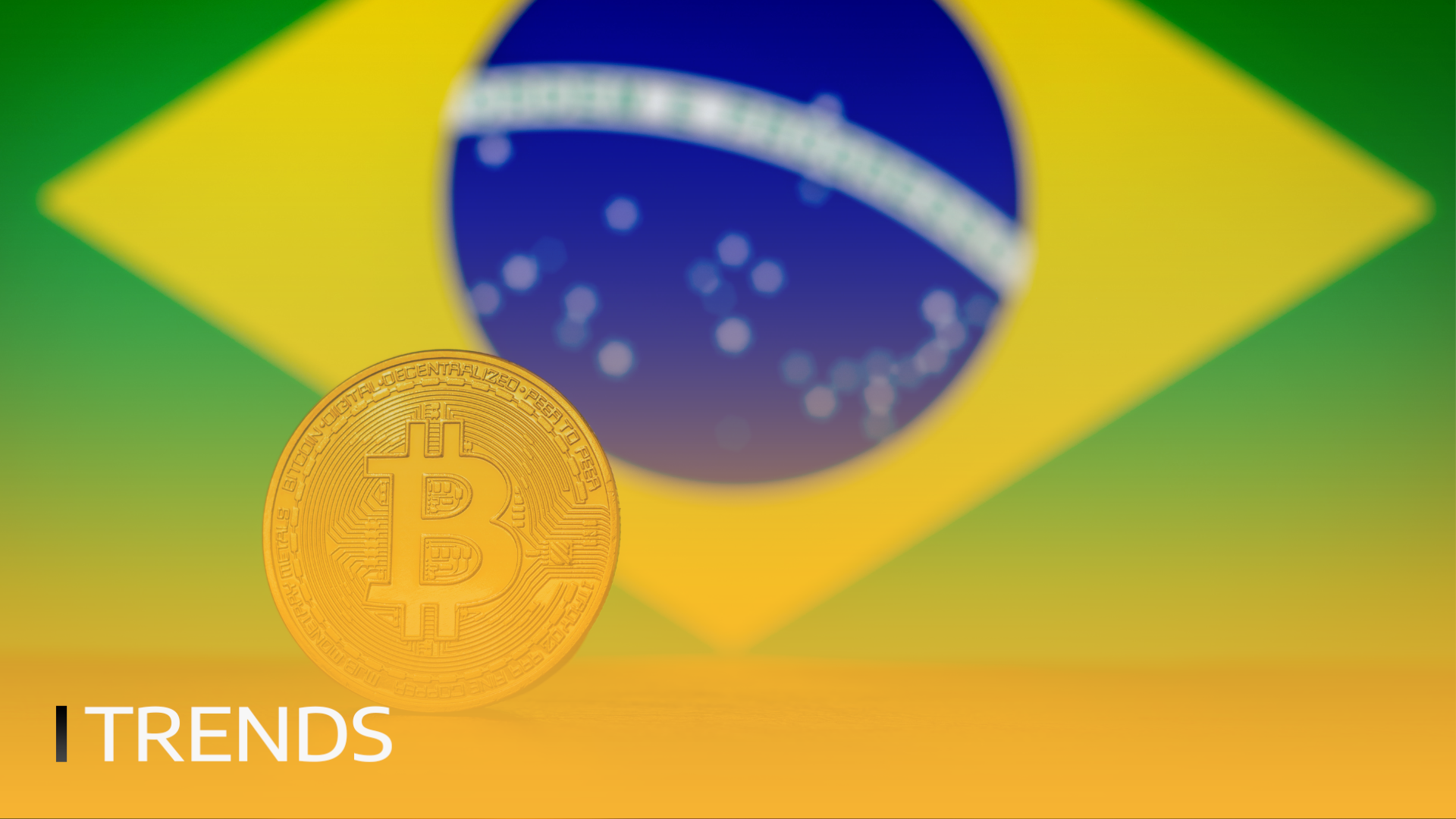Brazil Rises as a Crypto Powerhouse

When you think of Brazil and crypto, you might imagine colorful chaos — samba, Rio, football… and now bitcoin. But this chaos has its rhythm. In just a few years, Brazil managed what many countries are still trying to do: turn cryptocurrency from a geek toy into a normal part of the economy.
How it all Began – Brazil and crypto
It started around 2014, when the first bitcoin exchanges appeared. Back then, people saw it as a gamble — get rich or lose everything. Between 2016 and 2018, crypto became a trend, but also brought scams. The biggest one hit in 2019 with the Atlas Quantum collapse, a Ponzi scheme that left over 200,000 victims.
Then came 2020. The pandemic shook the economy, inflation soared, the real dropped, and people looked for safe havens. Bitcoin and Ethereum became the answer. By 2022, Brazil passed its first law officially recognizing cryptocurrencies and setting rules for exchanges and companies.
Brazil as a new crypto ecosystem
Since then, Brazil has been transforming. Crypto is no longer a rebel but a partner. The central bank launched its digital currency pilot, Drex – a digital real connecting traditional finance with Blockchain. Around it, dozens of startups are building apps, services, and payment systems.
Among the key players is Nubank Crypto, an initiative by Latin America’s largest digital bank. It lets users buy bitcoin, ether, and stablecoins directly through the app. With staking and investment services added this year, it’s becoming Brazil’s version of Revolut.
Another big name is Mercado Bitcoin, one of the largest crypto exchanges in Latin America. It even enables tokenization of real assets like football transfers or renewable energy. With a central bank license, it now operates as a legitimate financial institution.
Blockchain in agriculture and public administration
Brazil’s agricultural sector is also going digital. As a major exporter of coffee, soy, and sugar, it uses Blockchain to track supply chains. Agrotoken, originally from Argentina, offers tokens backed by real commodities, helping farmers secure loans.
Public institutions are testing Blockchain too — Recife records land ownership data this way, and the tax authority is experimenting with using it for imports.
Brazil as the crypto heart of Latin America
Today, Brazil is more than samba and football — it’s the driving force of the Latin American crypto world. With a huge, tech-savvy population and a supportive central bank, crypto has become both an investment and a safety net for many.
In a few years, Brazil may lead the region’s crypto market — and perhaps become one of the global leaders. Projects like Drex, Nubank, and Mercado Bitcoin are paving the way. Chaos or not, Brazil knows how to make it work.
Sources:
https://cryptoforinnovation.org/brazil-digital-literacy-paves-the-way-for-crypto-use
https://www.ibanet.org/Brazil-legal-framework-for-cryptoassets-and-upcoming-regulation
https://bricsbrasil.com.br/en/digital-real-everything-you-need-to-know-about-drex
You might also be interested in
Don’t miss any crypto news
Subscribe to our Newsletters - the best way to stay informed about the crypto world. No spam. You can unsubscribe anytime.
Please enter your email address
Email is invalid
Read how we process your data in our Privacy policy.
Thank you for subscribing 😊
Subscribe to our Newsletters - the best way to stay informed about the crypto world. No spam. You can unsubscribe anytime.
If you have any questions about cryptocurrencies or need some advice, I'm here to help. Let us know at [email protected]